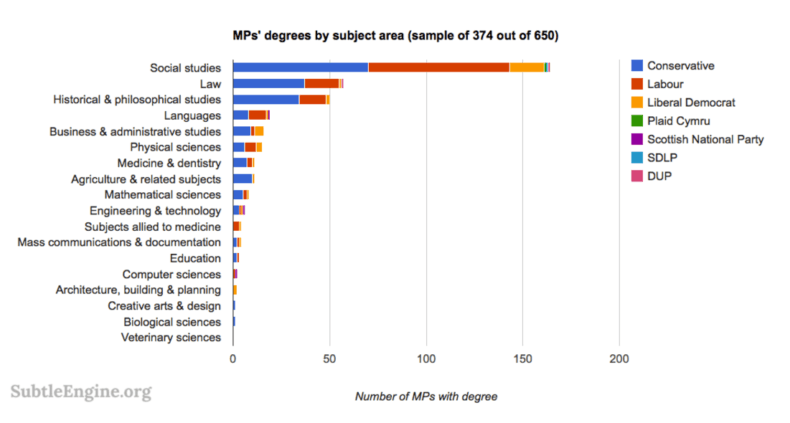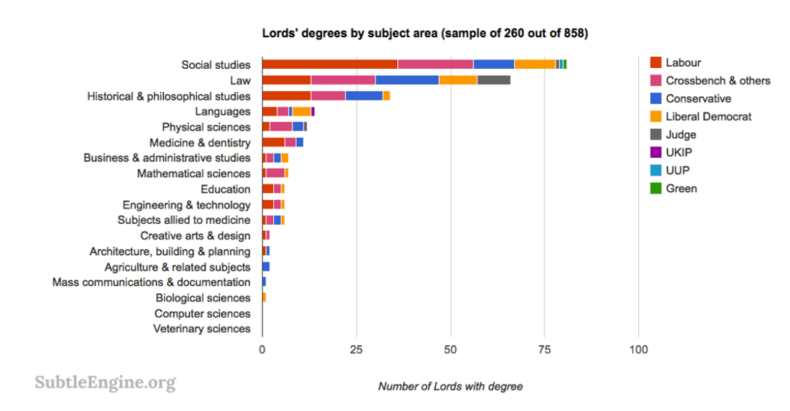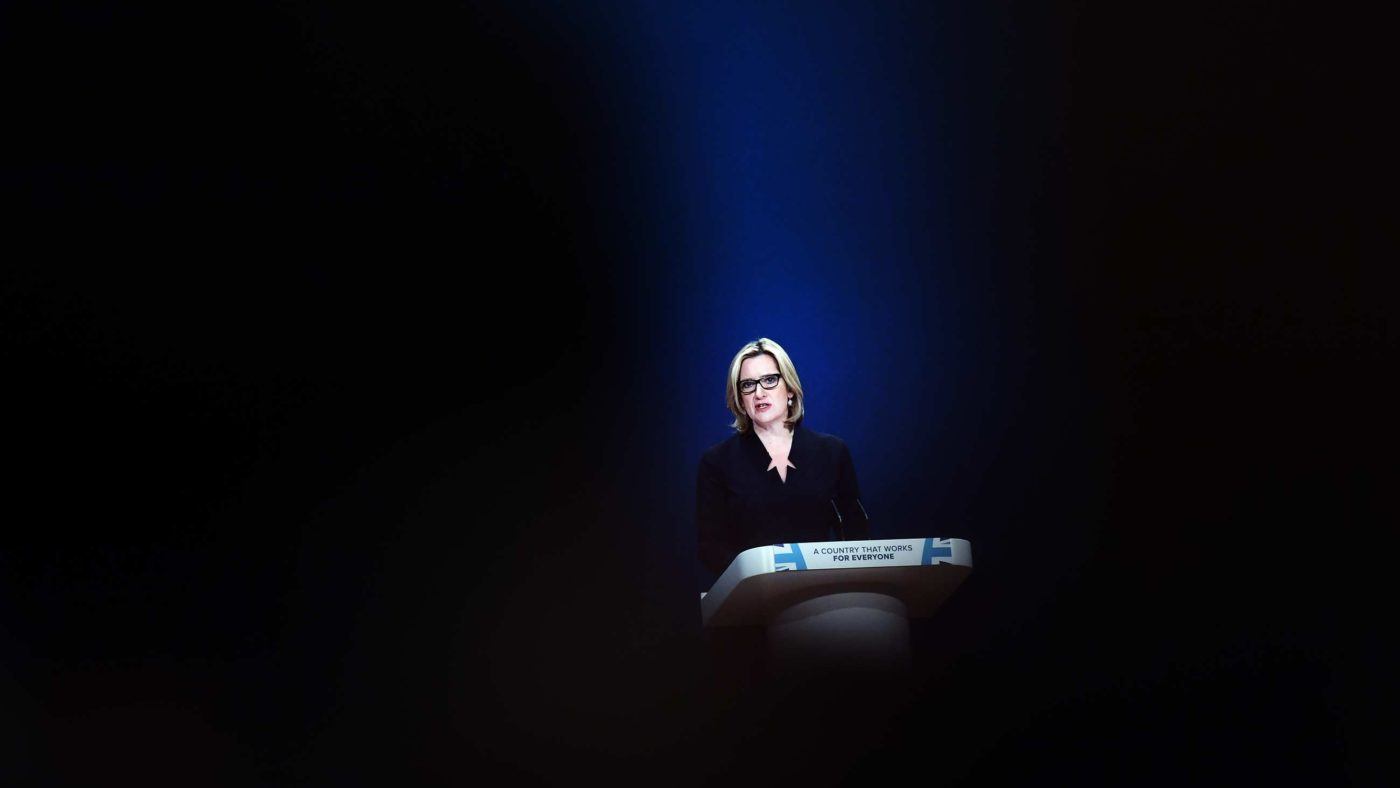Back in 2008, the financial crisis was at its height. The Government was in the process of taking the historic and humiliating decision to nationalise some of the country’s biggest banks in order to save them from destruction. And direct.gov.uk, the closest thing the British state had to a homepage, was leading with an informative briefing about National Bee Week.
It’s not exactly news that Britain’s governing elite aren’t the most tech-savvy of souls. Tony Blair only sent his first text message after leaving office. Alastair Campbell never typed an email while in power. And Gordon Brown apparently had the auto-complete function disabled across the Downing Street network after drafting an expletive-fuelled email to Wendy Alexander which accidentally ended up being sent to Wendi Deng, aka Mrs Rupert Murdoch.
But still, there are moments which bring you up short. And one such came on The Andrew Marr Show on Sunday when Amber Rudd, the Home Secretary, said (among other things) that the tech companies had a duty to take action against extremism because they “understand the necessary hashtags to stop this stuff even being put up”.
In terms of Rudd’s actual argument about WhatsApp, this is one of those cases where there is justice on both sides. From a security perspective, the Government is petrified by the idea of a communications platform (or rather multiple platforms) which are effectively black boxes. Why, it asks, should the appropriate warrant (with appropriate safeguards) enable it to tap phones and read mail, but not to see WhatsApp messages – such as the one sent by Khalid Massood minutes before he began to murder?
Set against that, however, are a variety of equally powerful – and for me ultimately more compelling – points.
First, as Paul Goodman says, cracking encryption is an all-or-nothing affair. And whatever tools are devised to break open these services are likely to end up in the hands of the bad guys as well as the good guys – as seen by WikiLeaks’ recent mass dumping of CIA hacking exploits (quite probably obtained via their friends at the Kremlin).
Second, it sets a precedent. If WhatsApp opens up its services for the British government, it will be in a weaker position when the Chinese or Iranians or Russians ask (or order) it to do the same.
And third, there is a long and inglorious history of administrative overreach, whereas tools that are meant to be used only in exceptional circumstances become routine both within the security services and beyond them. Just look at the widespread official abuse of the Regulation of Investigatory Powers Act, which was meant to catch terrorists and ended up being used to persecute dog-walkers and pigeon-feeders.
But beyond the specifics of the argument about WhatsApp, Rudd’s remarks about “necessary hashtags” reveal something more fundamental, and more alarming: the basic technological illiteracy of much of Westminster.
In his famous “Two Cultures” speech on the divide between the arts and sciences, C P Snow pointed out not just that many otherwise intelligent people were startlingly ignorant about the sciences, but that they were proudly so – that it was almost a badge of honour among his colleagues in the common room not to understand what people like Rutherford or Dirac were going on about.
Over the subsequent half-century, the problem has – if anything – got worse. One of the great themes of that period has been the growing influence of technology, and technology companies, over our lives. Today, the potentates of Silicon Valley increasingly seem to match elected leaders in terms of power and significance – consider Mark Zuckerberg of Facebook, for whom a mooted presidential bid would seem to many people like a step down.
Yet there are still far, far too many people in Westminster who just don’t understand the basics of what they’re dealing with. For example, to anyone who knows anything about tech, that “necessary hashtags” line is as crunchingly dissonant as someone talking about Wayne Rooney scoring a maiden over or Parliament voting positive on a piece of legislation.
Last year, the New Statesman ran a fascinating interview with David Braben, creator of the video games Frontier and Elite, about his work in bringing the Raspberry Pi microcomputer to schools – and, with the help of Michael Gove and others at the Department for Education, in sweeping away Britain’s abysmal system of computing education.
The work done by Braben and other Pi enthusiasts has been first-rate. But it’s hard to imagine that the syllabus could have got into that state to begin with if there had been enough people who knew the first thing about computing in positions of authority.
Indeed, Gove’s ally Dominic Cummings, who went on to be chief strategist at Vote Leave, has repeatedly observed that one of Britain’s greatest problems is that many if not most MPs, ministers and peers have little to no formal training in statistics, science and technology. It’s an observation that a trawl through their Wikipedia biographies seems to bear out. 

Of course, simply mapping people’s degree courses is an imperfect tool. The Campaign for Science and Engineering reckons that roughly 100 MPs have some sort of scientific expertise – a more impressive figure, if only slightly higher than the number of lawyers.
But there are also many more who just don’t get it at all – who try to cover embarrassing tweets by claiming to have been hacked, or who pepper their conversation with buzzwords like “the Fourth Industrial Revolution” or “automation” or “artificial intelligence” or “the cloud” in a way that rapidly makes you realise they don’t have a clue what they’re burbling on about. If it’s not quite Peter Mannion in The Thick of It talking down to the “net-savvy tech-heads”, it’s pretty damn close.
When the recent Investigatory Powers Bill came before Parliament, David Davis – long a crusader on civil liberties issues – wrote an op-ed for the Financial Times (£) which is now getting attention because of how strongly it made the case for encryption.
But equally telling was a line in which the future Brexit Secretary lamented that the joint committee reviewing the Bill looked to be “packed with those keen to please the government, or those who simply do not understand the complexities surrounding this issue”.
This was not just Davis being snooty. While he did have an extremely successful career as an executive with Tate & Lyle, his undergraduate degree was actually in computer and molecular science. Yet beyond him, his fellow Brexiteer Steve Baker (a former aerospace engineer and software developer), and a couple of dozen others, it’s a pretty barren field. And when you have people who don’t know much about something making the laws about it, the result is all too often bad laws.
Over the last 10 years of writing about both technology and politics, I’ve become increasingly convinced that the former is not just as interesting as the latter but as important, if not more so. In a century’s time, I suggested after his election victory, Donald Trump will be a footnote in history – CRISPR and its descendants will be a chapter.
The great engines of progress, change and uncertainty are increasingly scientific and technological rather than political – indeed, I argued in my recent book (out next month in paperback, folks) that much of what we’re seeing in politics is a reaction to changes in the economy and society driven by technological acceleration.
And as the world changes around us, the paucity of technological expertise within the governing classes becomes an ever more pressing problem. Eric Schmidt and Jared Cohen of Google have complained that there is “a canyon dividing people who understand technology and people charged with addressing the world’s toughest geopolitical issues”. In their book The Fourth Revolution, John Micklethwait and Adrian Wooldridge judge that “in both Europe and America, governments are trying to govern the world of Google and Facebook with a quill pen and an abacus”.
Amber Rudd is clearly an intelligent and accomplished politician. But she’s also a symptom of a political world in which those negotiating with the tech companies may not actually understand some of their basic activities. A world in which every Tom, Dick and Harriet will include a line in their latest speech about the challenges and opportunities of new technology, but precious few could deliver a convincing lecture on the topic.
“If the scientists have the future in their bones,” Snow claimed back in 1959, “then the traditional culture responds by wishing the future did not exist.” If that position was ever tenable before, it certainly isn’t now. Like it or not, the future is coming. Whitehall and Westminster need to do a much better job of getting ready for it.


